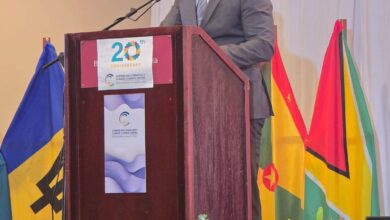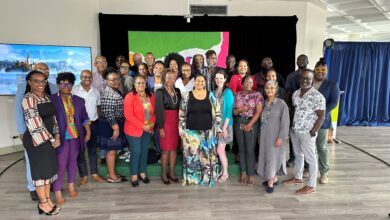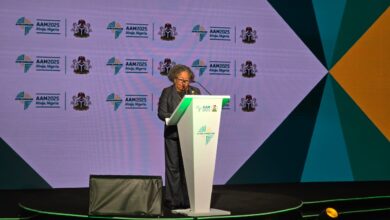The current situation in DR
• The Dominican Constitution up to 2010 recognised in principle, that in keeping with the legal principle of jus solis “all persons born in the territory of the Dominican Republic” are Dominican citizens. However, a loophole allowed the authorities to deny the children of undocumented persons with such citizenship since they were judged to be ‘in transit’.
• This exclusion, normally applicable only to diplomats or tourists, was extended to undocumented persons of Haitian descent despite the fact that many parents have been in the country for years rather than the ten days specified elsewhere in the Constitution as a reasonable period to be ‘in transit’.
• The United Nations Children’s Fund (UNICEF) issued a statement that pointed out that “without a nationality, stateless children can be denied access to basic protection programmes, cannot earn education certificates or graduate, or obtain an identity card or a passport.” UNICEF also noted that those without basic protection and opportunities were more vulnerable to exploitation and abuse. CARICOM endorses UNICEFs concern that enunciated the basic rights of children and recognized the vulnerability of mother and child. CARICOM rejects the separation of children from mothers, to preserve the rights of the child.
• With regard to the 2005 case of Yean and Bosico v Dominican Republic, the Inter-American Court of Human Rights found that the DR had acted arbitrarily and contrary to the best interests of the child in denying Yean and Bosico birth certificates, which amounted to a violation of their rights to a nationality and the equal protection under Articles 20 and 24 of the American Convention on Human Rights. The Court also noted that Article 18 of the Convention on the Rights of the Child (CRC) had been violated as they were not recognized by the country they lived in and could not receive social assistance.
• CARICOM is opposed to the conditions whereby it is Dominicans of Haitian descent who have significantly contributed to the real progress of the Dominican Republic, through their labour and their sacrifices, who are today treated like transitory visitors;
• Those who are affected are denied their basic human rights including freedom of movement, access to education and to health care, among other basic rights;
• CARICOM is gravely concerned that people without documents face the threat of summary deportation, without right of appeal, to a country that the deportee has never seen before and where economic opportunities are virtually non-existent. Recent events this week have raised these concerns as they have become a reality.
• CARICOM has reviewed the ruling of The DR Constitutional Court which has directed the Government to develop, within 90 days, a national plan for the regularization of illegal aliens and then to implement the plan.
• CARICOM has noted with concern the requirement of the Central Electoral Board to turn the list of aliens illegally registered in the Civil Registry over to the Ministry of the Interior and the Police.
• CARICOM is calling on the Dominican Republic to ensure the immediate protection of those persons negatively affected by the ruling and to adhere to its international human rights obligations under the Inter American Court of Human Rights (IACHR), the Convention on the Rights of the Child and the American Convention on Human Rights, among others.
• CARICOM is ready to support any process that results in the reinstatement of the basic human rights of those affected and welcomes the views of the civil society representatives with whom the Bureau met this morning and those who met with the Secretary General of CARICOM who submitted a Region wide petition on behalf of concerned citizens of the Community.
• CARICOM notes the dialogue between the Dominican Republic and Haiti facilitated by Venezuela which is ongoing.
• In the circumstances and in light of the values and principles which have underpinned in the Revised Treaty of Chaguaramas, CARICOM has determined that it will defer consideration of the application by the Dominican Republic for membership in the Caribbean Community;
• As Chair of CARICOM, I will raise this matter for action by several bodies of which we are members such as the Association of Caribbean States (ACS), the Community of Latin American and Caribbean States (CELAC) and will maintain our interest and active participation at the Organisation of American States (OAS). We look forward to the outcome of the visit to the Dominican Republic of the Inter-American Commission on Human Rights (IACHR) which will travel to that country in early December.
• Trinidad and Tobago, and CARICOM, will continue to work with the Dominican Republic, our partners in the Region and at the wider international level towards the swift resolution of this matter.
• I take note of the communication which I received from President Danilo Medina this morning that the Government of the DR will not deport any of the persons affected by the ruling of the Constitutional Court and measures will be taken to ensure that no one is deported.
• CARICOM expects that these assurances by the Dominican Republic will be honoured.
• CARICOM is prepared to engage the Dominican Republic, but the government of the Dominican Republic must be prepared to show good faith by immediate, credible steps as part of an overall plan to resolve this nationality and attendant issues in the shortest possible time.





